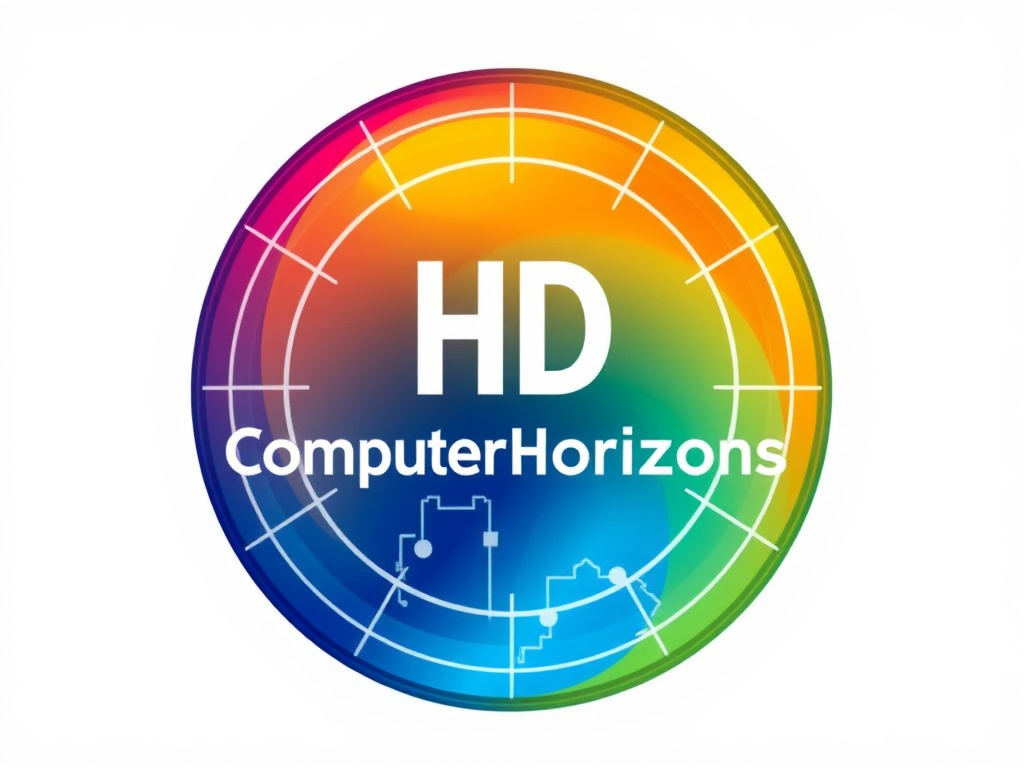Video Games Driving UK Computing Innovation
The UK gaming industry has become a cornerstone of computing innovation and technology trends, influencing a range of sectors beyond entertainment. Video games and computing have a symbiotic relationship in the UK, with advancements in one often spurring breakthroughs in the other. Leading UK game developers and studios have played a pivotal role in pushing technological boundaries, especially in software design, artificial intelligence, and interactive graphics.
Notable technological advancements driven by the gaming sector include the enhancement of real-time rendering techniques and cloud-based game streaming technology. These developments have provided new benchmarks for computing performance within the UK technology trends landscape. Prominent UK studios are recognized not only for their creative output but also for their continuous investment in cutting-edge software tools that improve computing efficiency and user experience.
Have you seen this : How Has the Evolution of Video Games Impacted Modern UK Computing Education?
Moreover, the innovation fostered by the UK gaming industry often transfers to other areas of technology, such as simulation and training software, which demonstrate the far-reaching influence of video games and computing. This interconnectedness highlights how gaming fosters a culture of rapid technological growth, making the UK a leading hub for computing innovation.
Hardware Evolution Influenced by Gaming Demands
Gaming hardware UK has experienced substantial growth driven by the increasing demand for high-performance components. Video games and computing require powerful graphics cards and processors to handle complex rendering and real-time interactions. This demand has pushed UK manufacturers to innovate, developing specialised gaming hardware that enhances computing performance while meeting the intensive graphics advancements gamers expect.
This might interest you : How are UK universities integrating video games into their curriculum?
These advances are not isolated; they directly influence mainstream computing hardware design and availability. For instance, enhanced cooling systems and faster GPU architectures initially created for gaming products often find their way into broader computing markets. The collaboration between hardware developers and game studios ensures that evolving UK technology trends consistently reflect gaming requirements.
The continuous feedback loop between gaming hardware UK and computing performance creates a cycle where innovation thrives. As gaming software requires more robust platforms, hardware manufacturers respond with cutting-edge solutions. This synergy solidifies the gaming industry’s role as a catalyst for hardware evolution within the UK technology landscape.
Software Development and Cross-Industry Collaboration
Game development UK has seen remarkable progress through the growth of sophisticated game engines and advanced software engineering tools. These platforms enable developers to create highly immersive experiences while streamlining the production process. UK studios frequently innovate by tailoring bespoke engines that enhance performance and visual fidelity, pushing UK technology trends forward.
The influence of gaming software extends beyond entertainment, with clear technology transfer to sectors such as healthcare, education, and simulation training. For example, realistic physics models and AI systems developed for games help improve surgical simulations and educational applications, underlining the value of cross-industry collaboration.
Partnerships between game companies and a broad spectrum of tech industries foster innovation and mutual growth. These collaborations facilitate sharing expertise and resources, enhancing software engineering practices while expanding the reach of gaming-derived technologies. Consequently, game development UK acts not only as a driver of entertainment innovation but also as a catalyst for advances in a diverse range of computing applications. This interplay strengthens the UK’s position as a hub of innovation in gaming and computing alike.
Educational Opportunities and Skills Development
The rise of video game courses UK-wide reflects the growing recognition of gaming’s role in advancing computing education. Universities and colleges increasingly offer specialised programs combining game design with core computing disciplines. These courses equip students with practical skills in coding, graphics, and interactive media, fostering a workforce ready for the evolving tech landscape.
Gaming also acts as a gateway to digital skills, encouraging broader STEM engagement. For example, students passionate about games often develop problem-solving and critical-thinking abilities essential for computing careers. Video games stimulate interest in programming languages and software tools widely used across industries, linking education directly to industry demands.
Moreover, the growing eSports scene offers additional skill-building opportunities. Competitive gaming events enhance teamwork, strategic thinking, and tech fluency—skills transferable to various computing roles. Through this multifaceted approach, the UK’s educational sector leverages the synergy between video games and computing to nurture talent, reinforce STEM literacy, and meet the requirements of a dynamic digital economy.
Employment and Economic Growth in the UK Gaming Sector
The gaming industry jobs UK sector has experienced significant expansion, fueling growth across technology employment. As video games and computing continue to intertwine, the demand for skilled professionals rises in areas such as game development, software engineering, marketing, and technical support. This diversity of roles illustrates how the UK’s gaming ecosystem stimulates broader tech employment.
Statistically, the UK gaming sector contributes substantially to the national economy, with revenues supporting thousands of high-value jobs. The economic impact of games extends beyond direct employment, influencing adjacent industries like hardware manufacturing and digital services. This cross-sector effect reinforces the gaming industry’s role as a powerful driver of economic growth.
Moreover, gaming companies in the UK create a vibrant job market that attracts global talent, enhancing innovation and competitiveness. These opportunities range from creators and programmers to roles in business development and community management. The sustained expansion of gaming industry jobs UK reflects its critical position within the UK’s wider digital economy and highlights gaming as a key contributor to economic vitality and tech workforce development.
Future Prospects: Gaming’s Role in Shaping UK Computing
Looking ahead, the future of gaming UK is set to profoundly influence computing trends through emerging technologies like artificial intelligence (AI), virtual reality (VR), and cloud computing. Advanced AI systems developed for gaming are increasingly used to enhance user interactions and data processing across various computing applications. Similarly, VR innovations pioneered within UK gaming studios are driving immersive experiences that extend beyond entertainment into education and training.
Cloud computing is revolutionising how games are delivered and played, encouraging UK infrastructure to adapt to increasing demands for fast, reliable online access. This shift supports ongoing developments in remote computing and software distribution, ultimately benefiting wider technology sectors.
Industry experts forecast that the relationship between gaming and UK computing will grow even stronger, with the sector acting as a testbed for cutting-edge technologies. Challenges like sustainability and accessibility are expected to shape innovation efforts, prompting industry-wide collaboration. The evolving synergy between video games and computing also promises to open new markets and deepen the UK’s leadership role in global technology advancements.

